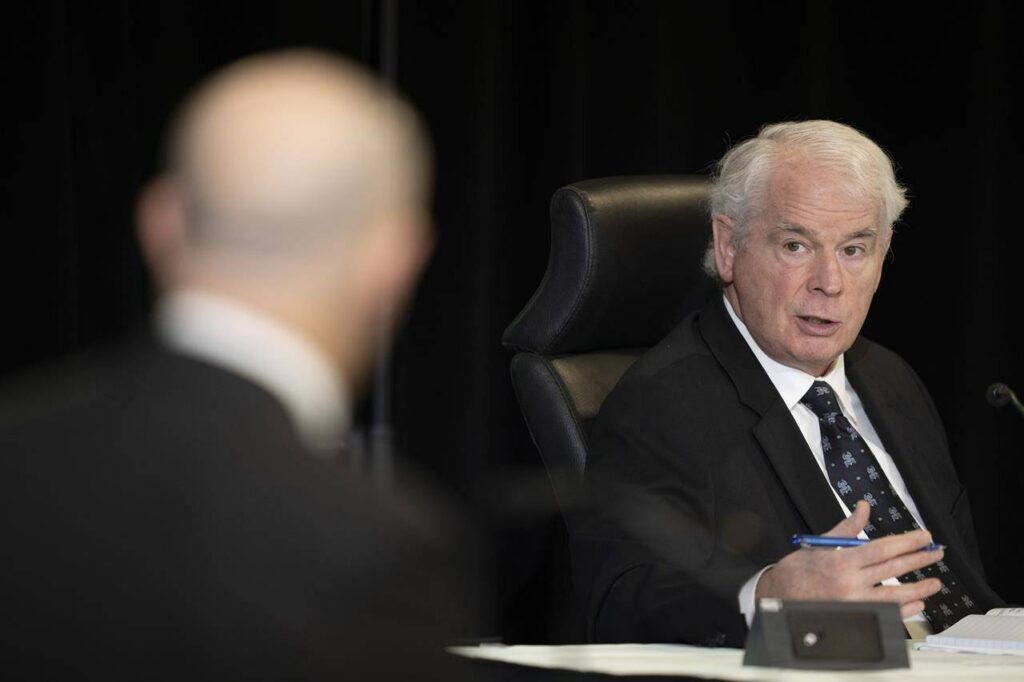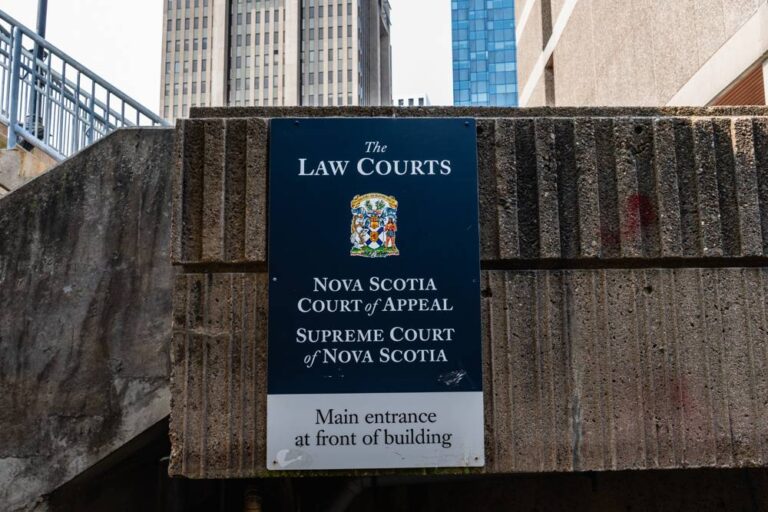Ottawa, Ontario: The Justice Centre for Constitutional Freedoms is disappointed by the Report of the Public Order Emergency Commission (“POEC”), which was tabled before Parliament today. The seven weeks of hearings showed the protests in Ottawa and across the country to be disruptive, yet overwhelmingly peaceful. The hearings provided evidence to show that they did not pose a “threat to the security of Canada” (as that term is defined in s. 2 of the CSIS Act). Despite this, Commissioner Paul Rouleau’s Report concluded that the Government’s invocation of the Emergencies Act was justified.
In finding that there were reasonable grounds for Cabinet to believe that a national emergency existed when the Act was invoked, the Commissioner’s Report states: “I do not come to this conclusion easily, as I do not consider the factual basis for it to be overwhelming and I acknowledge that there is significant strength to the arguments against reaching it.” In his public statement today, he added “Reasonable and informed people could reach a different conclusion than the one I have arrived at.”
The POEC is a Commission of Inquiry into the invocation of the Emergencies Act by the Government of Canada on February 14, 2022 in response to protests in Ottawa and elsewhere across the country. The Emergencies Act requires that a public inquiry be held into the circumstances of the declaration of emergency, and the appropriateness of the emergency measures taken pursuant to the Act. The POEC was constituted by Order In Council on April 25, 2022 and is chaired by Commissioner Paul Rouleau, a Justice of the Ontario Court of Appeal. The POEC held seven weeks of public hearings from October 13 to November 25th, 2022, followed by a week of policy roundtables.
The Justice Centre was granted participatory standing at the Inquiry, and was represented at the Commission hearings by lawyers Rob Kittredge and Hatim Kheir.
“In our view, the threshold set out in the Emergencies Act was clearly not met. Leaving aside the question of whether a s. 2 CSIS Act ‘threat to the security of Canada’ existed, it was clear from the evidence before the Commission that the protests could have and would have been dealt with under existing law,” said Rob Kittredge, counsel for the Justice Centre at the Commission hearings.
The Justice Centre argued that circumstances leading up to the invocation of the Emergencies Act did not meet the threshold set out in the statute for a declaration of emergency. In order to lawfully declare a public order emergency, the Act requires that there be “threats to the security of Canada” (as that term is defined in the CSIS Act), so serious as to be a “national emergency” which cannot be effectively dealt with under any other law of Canada.
The Justice Centre filed closing submissions arguing that the Government of Canada failed to show that this threshold was met, and that the invocation of the Act was therefore unlawful.
The Justice Centre continues to fund the challenge to the declaration of emergency which is currently before the Federal Court.
Mr. Kittredge added: “As the Commissioner noted in his public statement today, ‘nothing in the report is in any way binding on the courts that may hear legal challenges to the use of the Act.’ Applications for judicial review of the invocation of the Act are currently before the Federal Court, and we are optimistic that the Federal Courts will indeed reach a different conclusion.”








